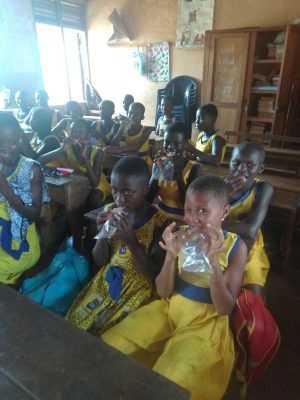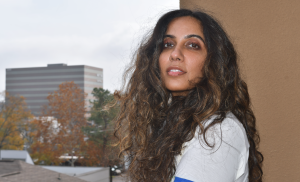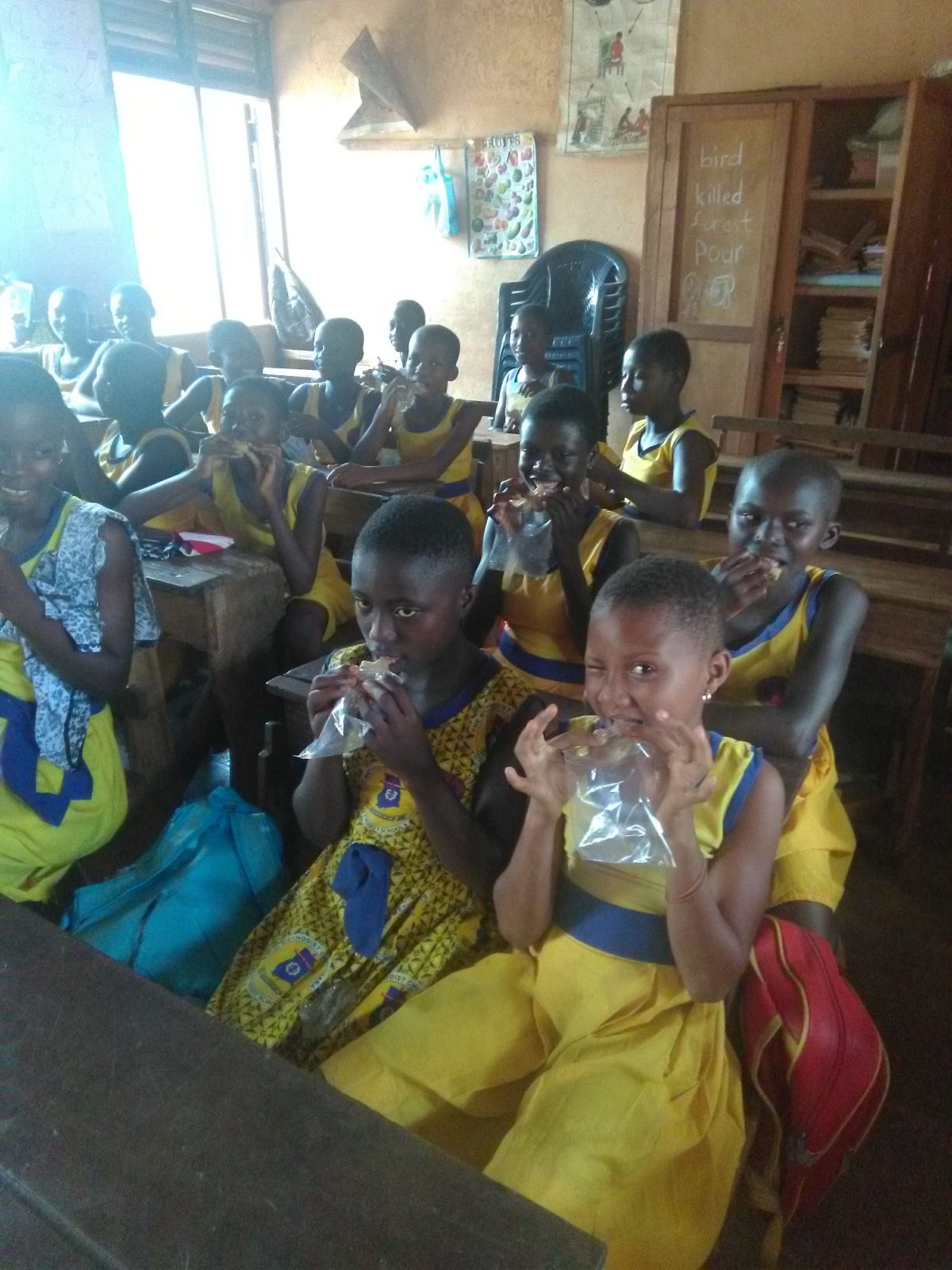
Abigail Woolf was reading a research paper in her AI for Healthcare class about the success of a convolutional neural network — artificial neurons used to analyze visual imagery — that could detect referable diabetic retinopathy, a preventable but major cause of blindness around the world. The paper impressed her, but it was mum on actually utilizing an algorithm with so much potential in clinical settings. “I asked in class why the technology hadn’t been deployed,” said the UC Berkeley Master of Development Engineering student, “and the professor said that it was complicated to standardize the data and processes behind everything.”
Her aunt, who has diabetes, has to make frequent treks to the doctor’s office to get her eyes checked. Woolf also knew there were cheap lenses that could be attached to iPhones for use in clinical settings. What if she could combine these powerful algorithms for detecting diabetic retinopathy — which can be more accurate than doctors — with these lenses that diabetics could use at home? It would save folks like her aunt time and money, while allowing ophthalmologists to spend more time on treating cases and less on diagnostics. Woolf, a member of Berkeley’s Health Tech CoLab, envisions “a data/camera package that can be sold or donated as a single unit to clinics for automated DR diagnostics.”

The idea earned a final-round spot in the 2022 Big Ideas competition. Of the nearly 200 pre-proposal applications that were received in November from students across every campus of the UC system, sixteen projects were selected from a diverse portfolio of innovations spanning a variety of social impact tracks, including global health, food and agriculture, financial inclusion, energy and resources, education and literacy, cities and communities, data and AI, and art and social change. UC Berkeley, UC Davis, UC Irvine, UCLA, UC Merced, UC San Diego, and UC San Francisco all have projects in the finals. Half of the team leads for the finalist projects identify as female. A quarter of the projects are led by undergrads.
Read more about the finalists and their innovations here.
